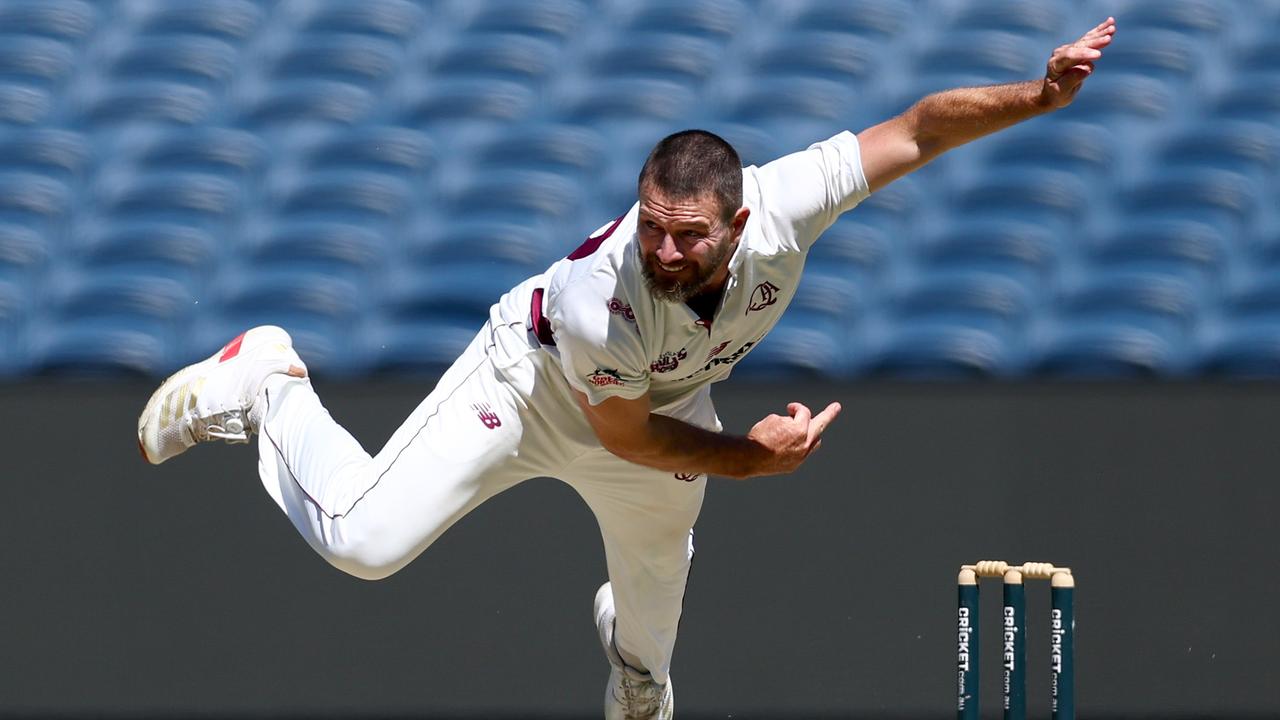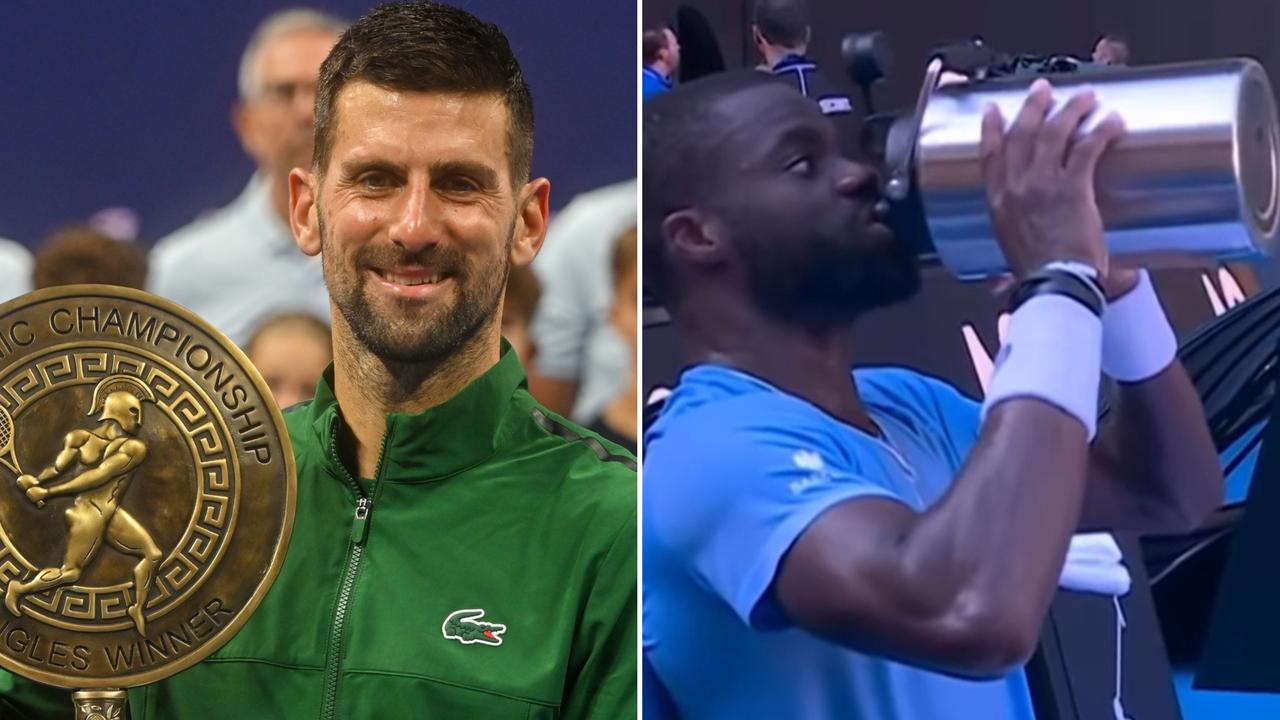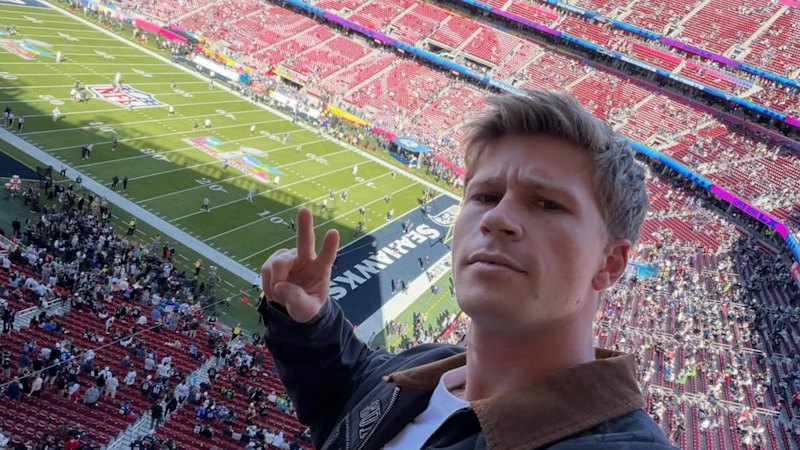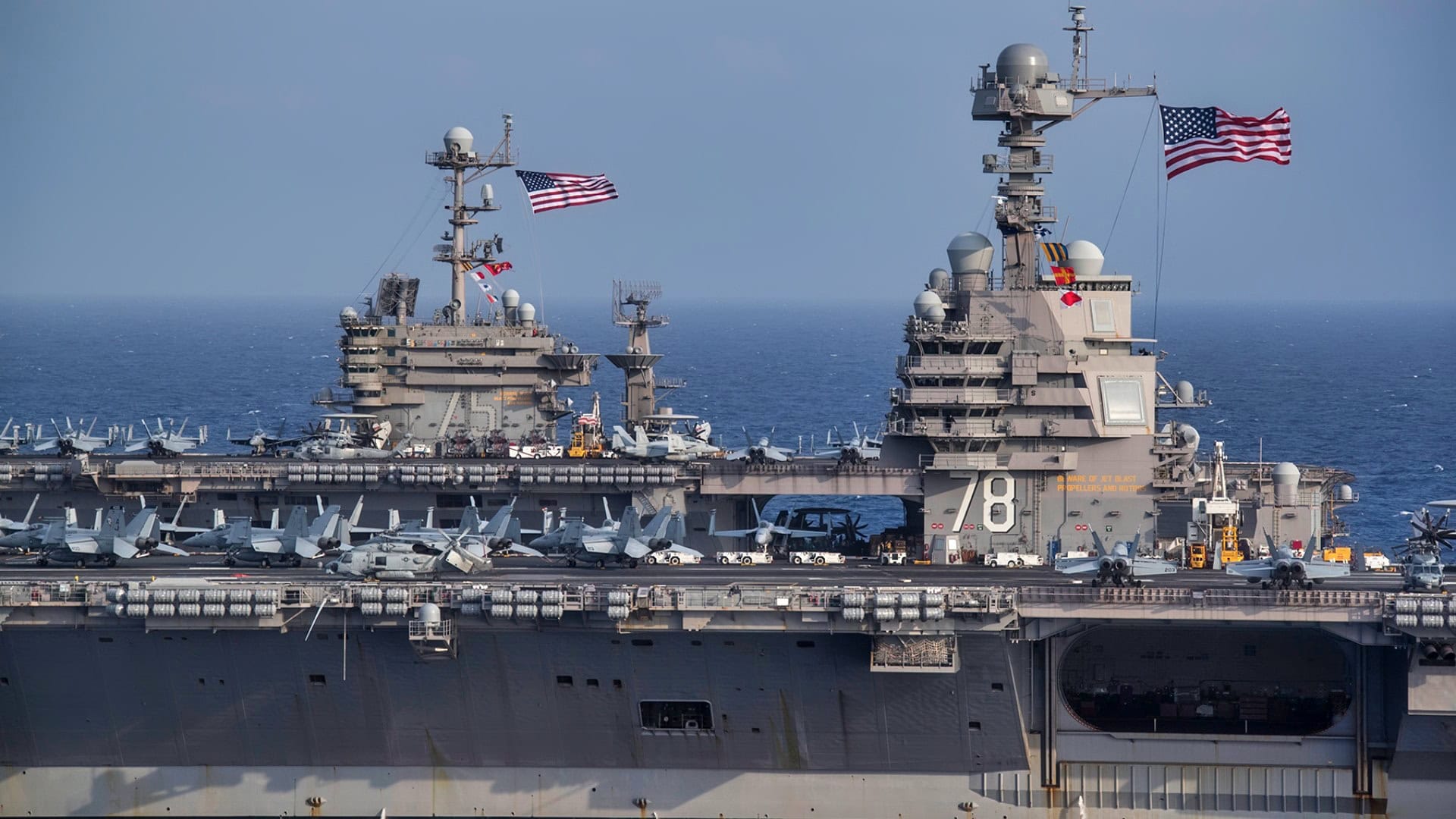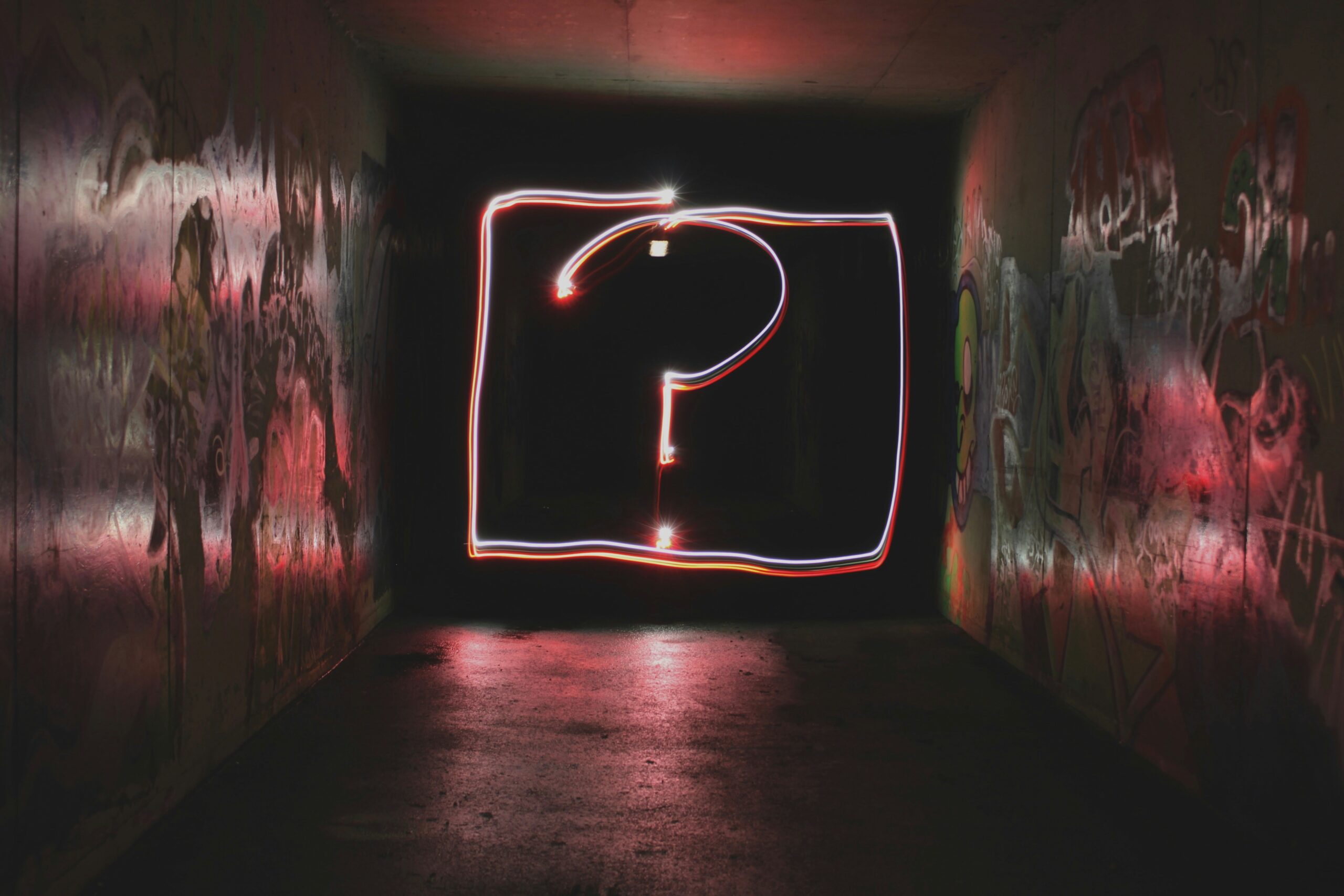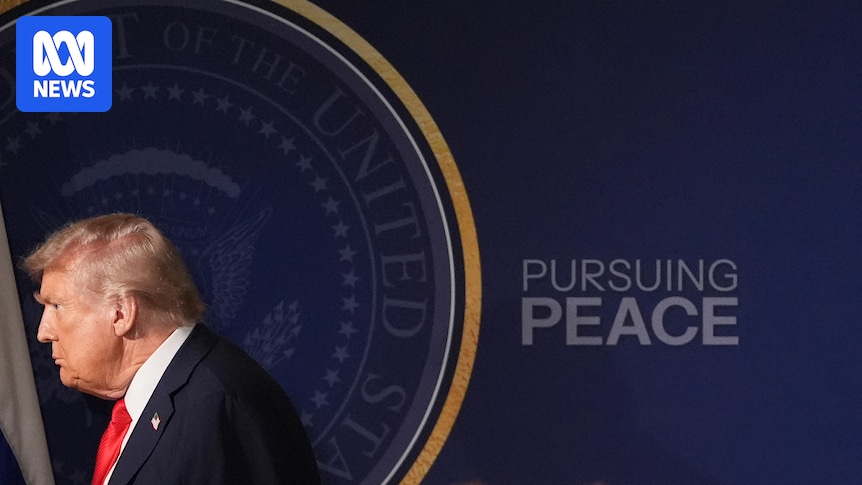
The Nobel Peace Prize winner is set to be announced this Friday, October 10, with U.S. President Donald Trump among the hopefuls. Since his first term in office, Trump has expressed a keen desire to win the prestigious award, citing his claims of having “ended seven wars” and receiving endorsements from various world leaders. However, experts suggest that his chances remain slim.
Trump has been vocal about his belief that he deserves the Nobel Peace Prize, often highlighting his efforts since taking office in 2017. At the UN General Assembly last month, he stated, “No president or prime minister has ever done anything close to that,” referring to his claims of ending conflicts between nations such as Israel and Iran, and Armenia and Azerbaijan, among others.
Trump’s Claims and the Nobel Criteria
Trump’s assertions include the potential resolution of conflicts involving countries like Thailand and Cambodia, India and Pakistan, and Serbia and Kosovo. He has even hinted at the possibility of ending the conflict between Israel and Hamas with his proposed peace plan for Gaza. Despite these declarations, the Nobel Peace Prize, as per Alfred Nobel’s will, is awarded to individuals or groups who have made significant contributions to fraternity between nations, the reduction of standing armies, and the promotion of peace congresses.
Expert Opinions on Trump’s Chances
Experts remain skeptical about Trump’s prospects. The Norwegian Nobel Committee typically favors sustained multilateral peace efforts over quick diplomatic victories. Theo Zenou, a historian and research fellow at the Henry Jackson Society, pointed out that Trump’s initiatives have yet to demonstrate long-lasting impact. Kristin Sandvik from the Peace Research Institute Oslo echoed this sentiment, noting, “For Trump, we need to see what achievements will stick and what kind of peace is left a couple of years from now.”
“He certainly has not been dismissed and has made a very serious effort to talk about peace, but you need to do more than trying,” Professor Sandvik added.
Moreover, Trump’s apparent disregard for international institutions and global concerns, such as climate change, could further diminish his chances. “I don’t think they would award the most prestigious prize in the world to someone who does not believe in climate change,” Zenou remarked.
Nominations and Historical Context
Since 2018, Trump has been nominated by several individuals within the U.S. and abroad, including Israeli Prime Minister Benjamin Netanyahu. However, nominations submitted after the January 31 deadline, such as those from Netanyahu and leaders of Pakistan and Cambodia, are ineligible for this year’s prize but could count towards next year’s award.
Historically, only a few U.S. presidents have received the Nobel Peace Prize. Theodore Roosevelt was awarded in 1906 for mediating the end of the Russo-Japanese War, Woodrow Wilson in 1919 for founding the League of Nations, Jimmy Carter in 2002 for peace negotiations and human rights advocacy, and Barack Obama in 2009 for strengthening international diplomacy.
The Nobel Selection Process
The Nobel Peace Prize is determined by the Norwegian Nobel Committee, consisting of five members appointed by the Norwegian parliament. The committee reviews nominations, establishes a shortlist, and evaluates each candidate with the help of permanent advisers and experts. A consensus is sought, but if unattainable, a majority vote decides the winner.
Nominations can be made by heads of state, national politicians, university professors, directors of foreign policy institutes, past Nobel laureates, and members of the Norwegian Nobel Committee.
Looking Ahead to the Announcement
As the world awaits the announcement, only one individual or organization will be chosen from this year’s 338 nominees. Alongside Trump, notable nominees include the International Criminal Court, NATO, jailed Hong Kong activist Chow Hang-tung, and Canadian human rights lawyer Irwin Cotler. Professor Sandvik also mentioned potential winners like the Sudan Emergency Response Rooms and the Committee to Protect Journalists.
Last year’s prize was awarded to the Japanese atomic bomb survivors group Nihon Hidankyo, underscoring the committee’s preference for recognizing long-term peace efforts over short-term diplomatic achievements.
The announcement will not only reveal the winner but also reflect the values and priorities of the Nobel Committee in the current geopolitical climate.
